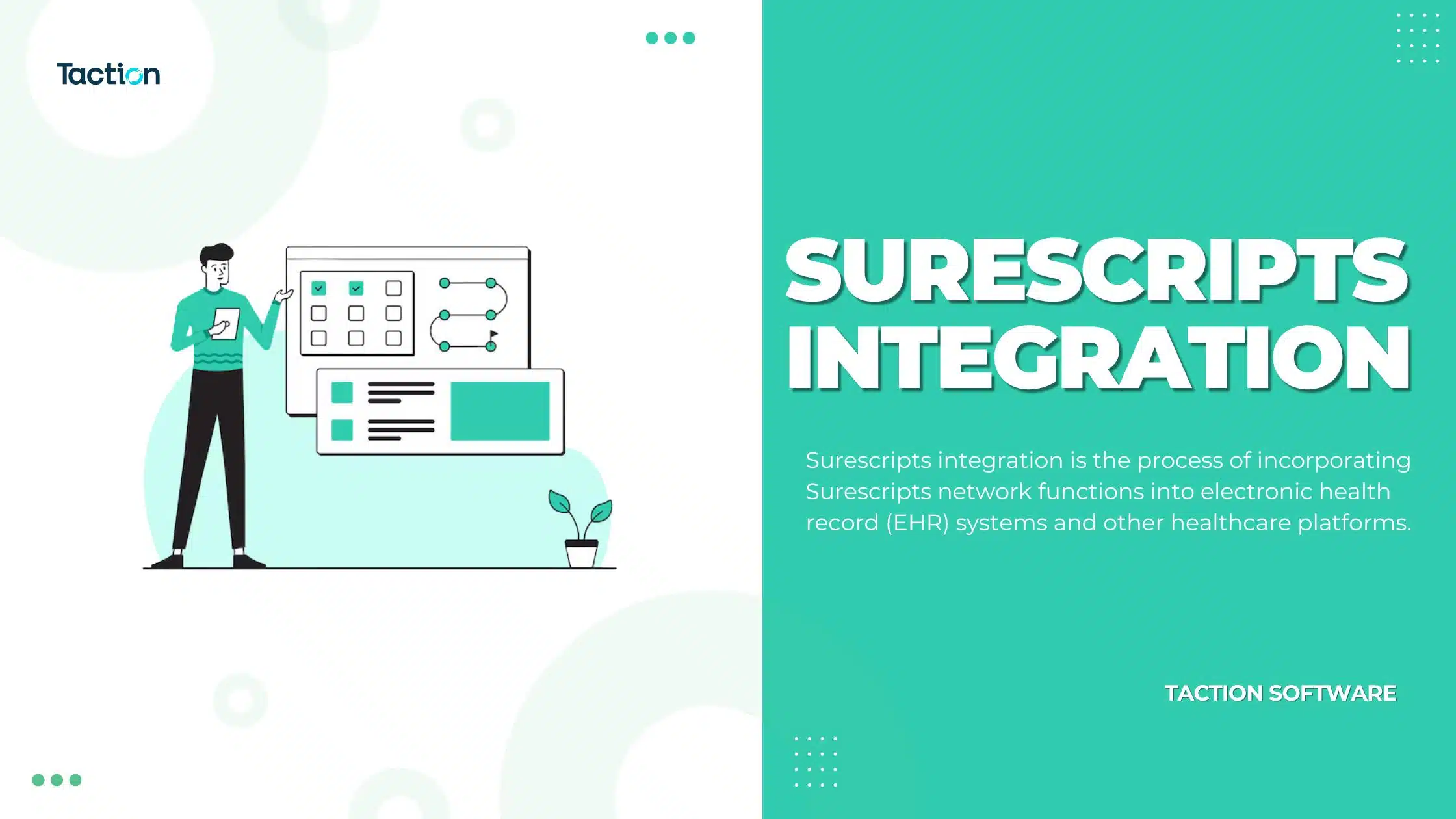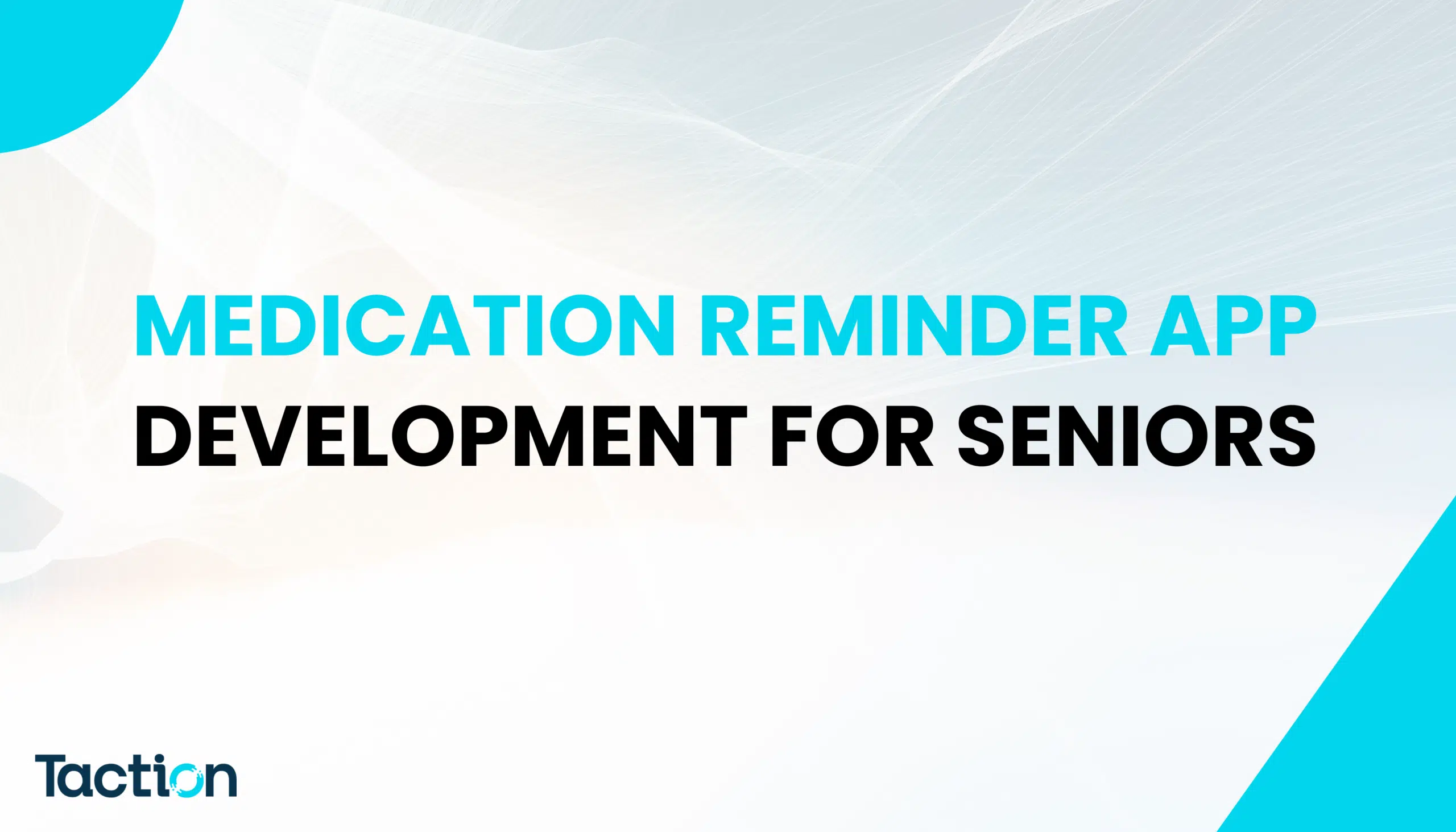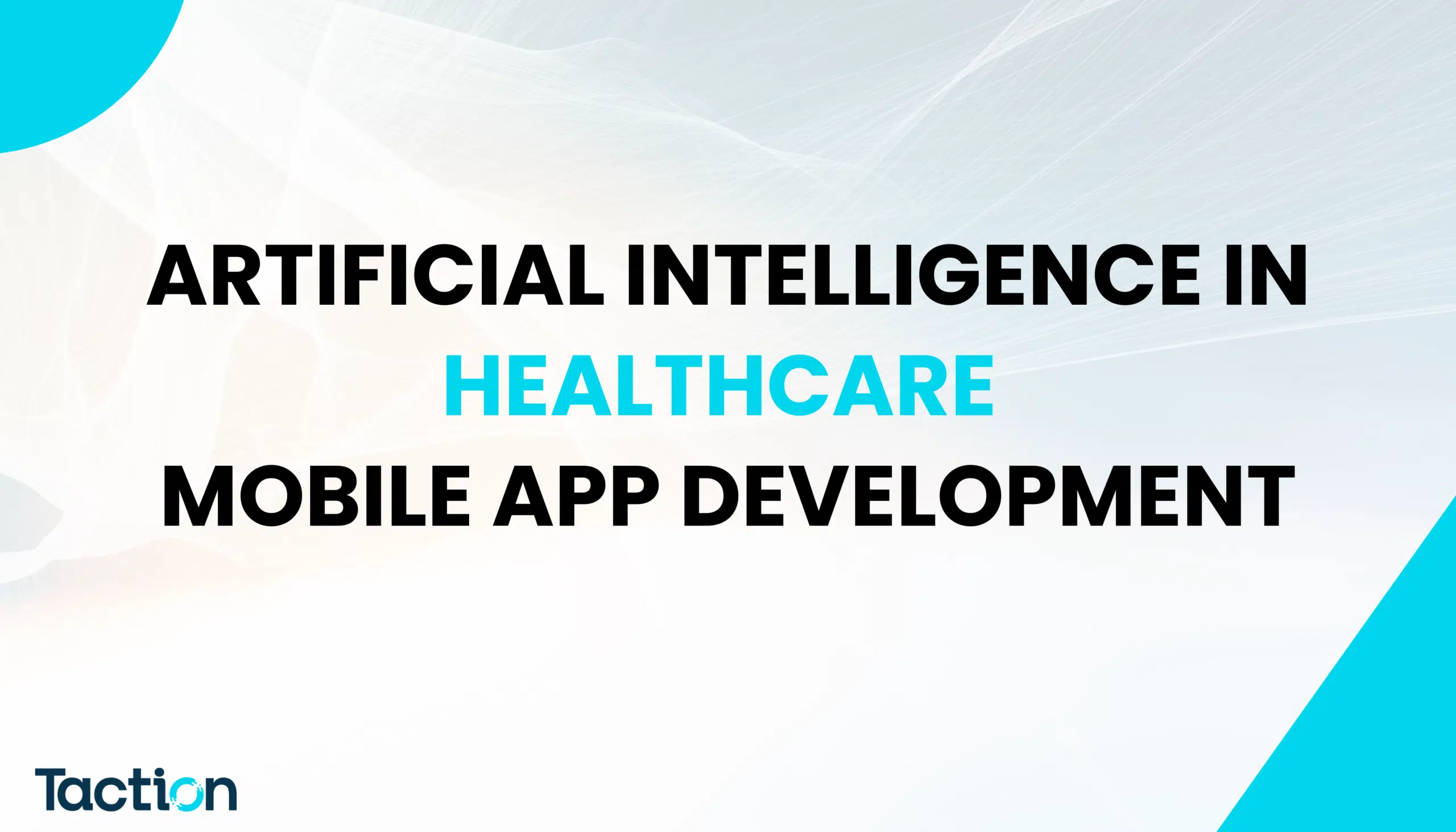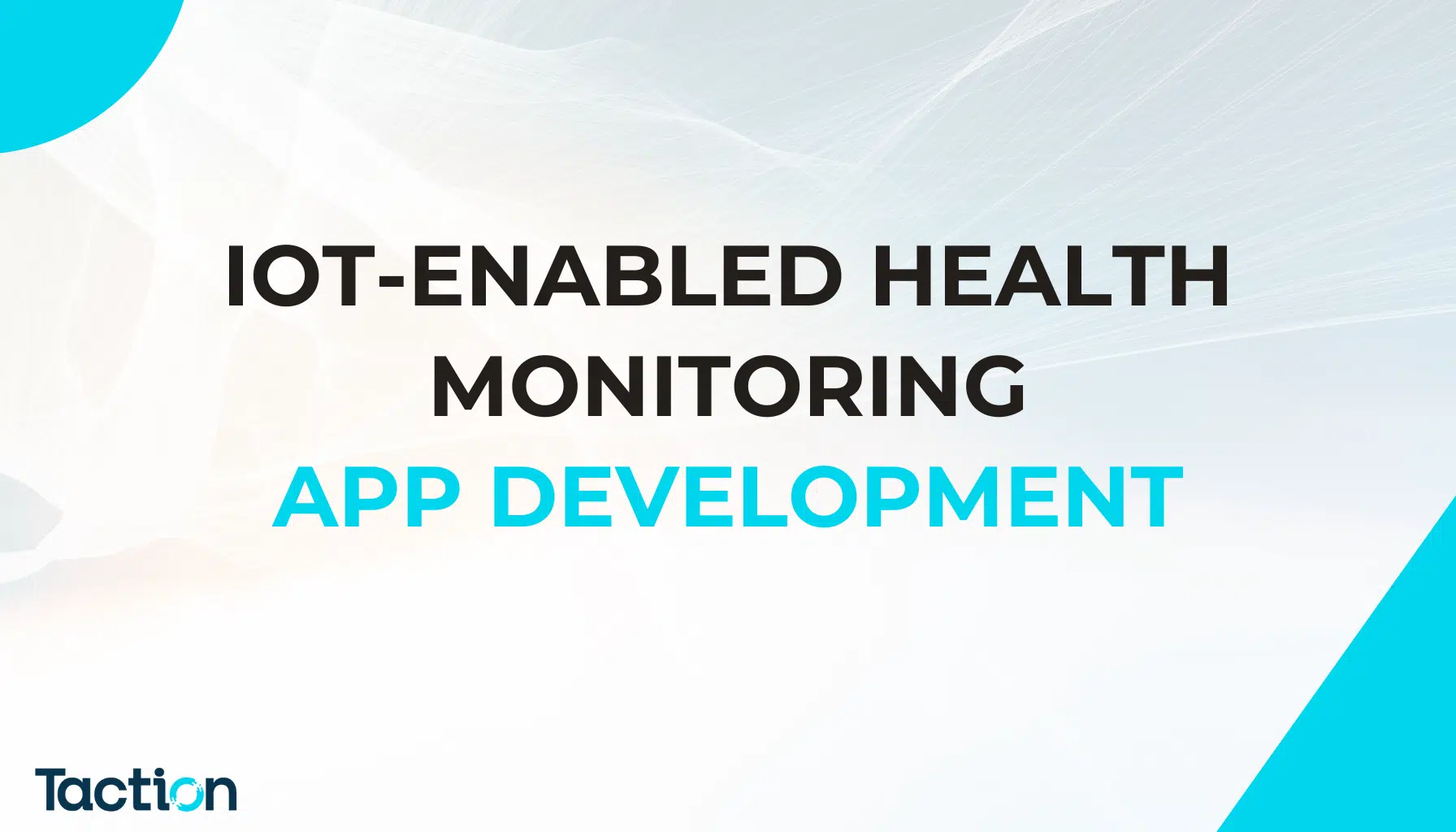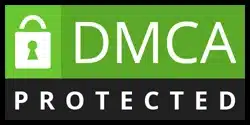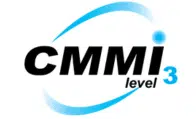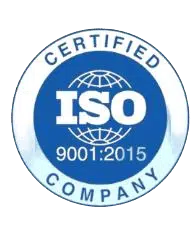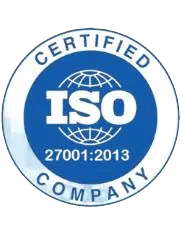Surescripts Integration
When it comes to healthcare, effective communication is paramount. Surescripts integration is a game-changer in the medical field, revolutionizing the way healthcare providers exchange information. This blog post dives deep into the benefits and functionalities of Surescripts integration, highlighting why it’s a must-have for modern healthcare practices. Let’s explore the ins and outs of this essential technology and understand its impact on the industry.
What is Surescripts Integration?
Surescripts integration refers to the seamless incorporation of Surescripts’ electronic prescription and health information exchange services into healthcare systems. By leveraging Surescripts integration, healthcare providers can streamline communication, ensuring that patient information is shared securely and efficiently.
Why Surescripts Integration Matters in Healthcare
The importance of Surescripts integration in healthcare cannot be overstated. It enhances the accuracy and speed of information exchange between healthcare providers, pharmacies, and other stakeholders. This integration reduces errors, improves patient safety, and boosts overall efficiency.
Benefits of Surescripts Integration
Surescripts integration offers numerous benefits:
- Improved Patient Safety: Reduces medication errors through accurate electronic prescriptions.
- Enhanced Workflow Efficiency: Streamlines administrative tasks and communication.
- Cost Savings: Cuts down on manual paperwork and associated costs.
- Real-time Information: Provides up-to-date patient information for better decision-making.
How Surescripts Integration Works
Surescripts integration involves connecting healthcare systems to the Surescripts network. This network facilitates the secure exchange of electronic prescriptions, patient information, and clinical messages. Integration typically involves API connections, ensuring smooth data flow between systems.
Key Features of Surescripts Integration
Key features of Surescripts integration include:
- Electronic Prescribing (e-Prescribing): Allows prescribers to send prescriptions directly to pharmacies.
- Medication History: Provides access to a patient’s comprehensive medication history.
- Clinical Messaging: Enables secure messaging between healthcare providers.
- Formulary & Benefit Information: Offers insights into drug coverage and costs.
Surescripts Integration in Electronic Health Records (EHR)
Electronic Health Records (EHR) systems benefit significantly from Surescripts integration. Integrating Surescripts with EHRs ensures that all patient information is centralized and easily accessible. This integration enhances clinical decision-making and patient care.
Enhancing Pharmacy Workflows with Surescripts Integration
Pharmacies gain immense value from Surescripts integration. Electronic prescriptions reduce the need for manual entry, minimizing errors and improving efficiency. Additionally, access to medication history allows pharmacists to provide better patient care.
Security and Compliance in Surescripts Integration
Security and compliance are critical in healthcare. Surescripts integration adheres to stringent security standards, ensuring that patient information is protected. Compliance with regulations like HIPAA is integral to maintaining patient trust and confidentiality.
Real-time Prescription Benefit (RTPB) with Surescripts Integration
Real-time Prescription Benefit (RTPB) is a feature of Surescripts integration that provides prescribers with real-time information on drug costs and coverage. This transparency helps patients make informed decisions about their medications.
The Role of Surescripts Integration in Telehealth
Telehealth has gained prominence, and Surescripts integration plays a vital role. It allows telehealth providers to send electronic prescriptions and access patient information remotely, ensuring continuity of care.
Challenges in Implementing Surescripts Integration
Implementing Surescripts integration can present challenges, such as:
- Technical Complexity: Requires robust IT infrastructure and expertise.
- Cost: Initial setup and integration costs can be significant.
Training: Staff may need training to adapt to new systems.
Overcoming Surescripts Integration Challenges
To overcome challenges in Surescripts integration:
- Invest in Training: Ensure staff are well-trained on the new systems.
- Work with Experts: Partner with experienced vendors for seamless integration.
- Plan for Costs: Budget appropriately for integration expenses.
Future Trends in Surescripts Integration
The future of Surescripts integration is promising. Trends include:
- AI and Machine Learning: Enhancing predictive analytics and decision support.
- Blockchain Technology: Improving security and transparency in data exchange.
- Expanded Telehealth Capabilities: Further integration with telehealth platforms.
Success Stories of Surescripts Integration
Many healthcare providers have successfully implemented Surescripts integration, witnessing significant improvements in workflow and patient care. These success stories highlight the transformative potential of .
How to Get Started with Surescripts Integration
Getting started with Surescripts integration involves:
- Assessing Needs: Determine the specific needs of your healthcare practice.
- Choosing a Vendor: Select a reliable vendor with experience in Surescripts integration.
- Planning Implementation: Develop a detailed implementation plan.
- Training Staff: Ensure all staff are trained on the new system.
Conclusion
Surescripts integration is a powerful tool for enhancing healthcare communication and patient care. By streamlining the exchange of electronic prescriptions and health information, it reduces errors, improves efficiency, and ensures better patient outcomes. As healthcare continues to evolve, integrating advanced technologies like Surescripts will be crucial for staying ahead in the industry.
FAQs
Surescripts integration refers to incorporating Surescripts’ electronic prescription and health information exchange services into healthcare systems.
It enhances communication, reduces errors, improves patient safety, and boosts efficiency in healthcare settings.
Key features include electronic prescribing, medication history access, clinical messaging, and formulary information.
It reduces manual entry, minimizes errors, and provides access to comprehensive medication history, improving patient care.
Challenges include technical complexity, costs, and the need for staff training.

